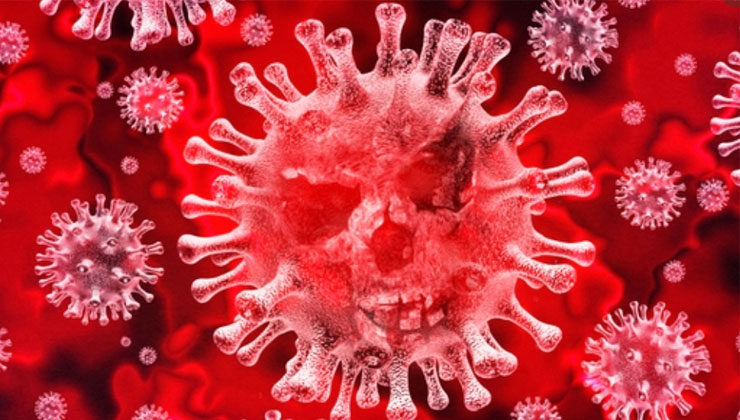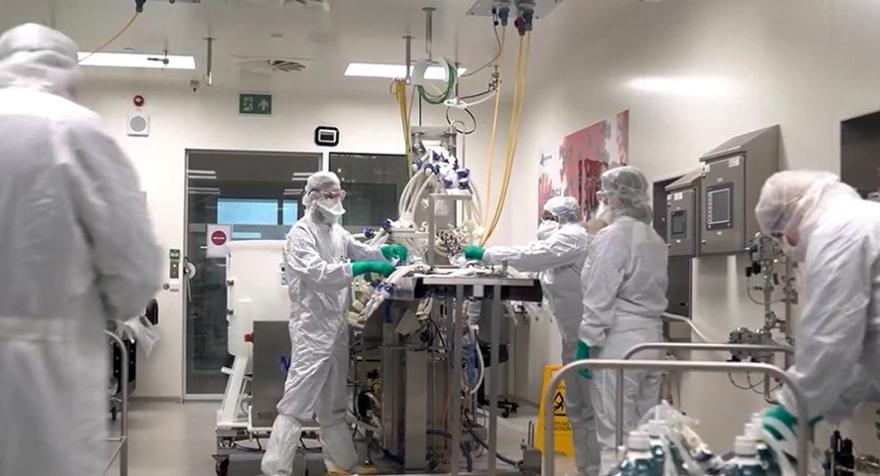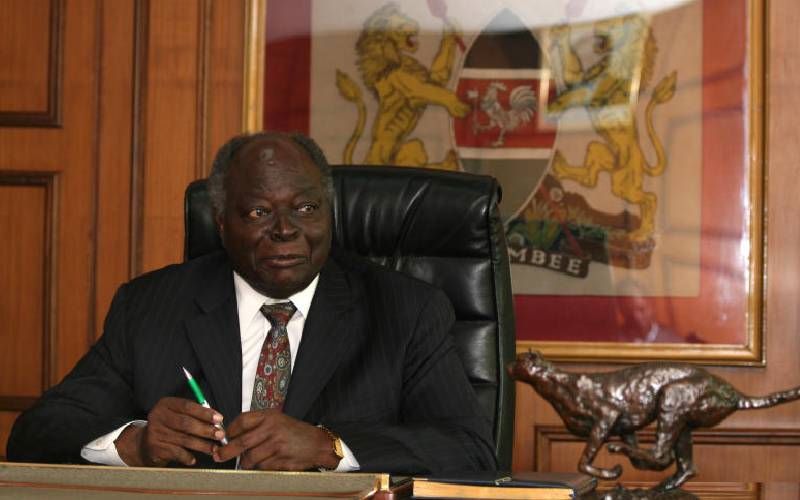Coronavirus variants: What are they, how dangerous are they? Here’s everything you need to know

The discovery of two variants of coronavirus has triggered alarm.
Scientists are racing to find out whether these variants are more transmissible or could present challenges for the Covid vaccine.
All viruses naturally mutate, and Sars-CoV-2 is no exception, accumulating an estimated one or two changes a month.
Mutations are usually a chance event that will have little impact on the properties of a virus, says Dr Lucy van Dorp, an expert in the evolution of pathogens at University College London.
“The very vast majority of mutations which we observe in genomes of Sars-CoV-2 are there as passengers,” she says.
“They don’t change the behaviour of the virus, they are just carried along.”
But every once in a while, a virus strikes lucky by mutating in a way that positively affects its ability to survive and reproduce.
“Viruses carrying these mutations can then increase in frequency due to natural selection, given the right epidemiological settings,” Dr van Dorp says.
There is now a frantic push to work out if this is the case for the variant first detected in the UK (B.1.1.7 or VUI-202012/01), which appears to be spreading unusually fast.
A similar but unrelated variant has emerged in South Africa, with a small number of cases now reported in the UK.
The fact both have mutations in a gene that encodes the spike protein, which the virus uses to latch on to and enter human cells, is particularly worrisome.
The UK variant has 14 mutations that cause a change in protein building blocks (amino acids) and three deletions (missing bits of genetic code).
According to the World Health Organization (WHO), some may influence how fast the virus spreads.
- One mutation in the spike protein (known as N501Y) has been detected in several variants, including the one from South Africa. Lab experiments suggest this mutation may help the virus bind to human cells, according to the Centers for Disease Control and Prevention (CDC).
- Another mutation in the spike protein (P681H) is thought to be of “biological significance”, according to the WHO
- A deletion (at position 69-70) has been linked in the past to mink farm outbreaks and in patients with weakened immune systems who can incubate the virus for several months
The deletion may give some clues to how the variant evolved, perhaps in a patient with a weakened immune system who was unable to fight off the virus enabling it to linger in the body for several months, accumulating mutations along the way.
“The current thinking is it’s evolved so many mutations in the context of a chronic infection,” says Prof David Robertson of the University of Glasgow, who is part of the Cog UK (Covid-19 Genomics UK Consortium), which has analysed the new variant.
A connection with mink is thought highly unlikely. “There’s no evidence mink, or any other animals, are involved but it seems sensible not to rule it out,” says Prof Robertson.
Scientists are now hurrying to find out more about the mutations seen in the UK variant, which has also been spotted in Australia, Denmark, Italy, Iceland and the Netherlands.
The variant found in South Africa, which has one of the same mutations, is also causing concern. It shares the same mutation in the spike protein (N501Y) but has arisen separately. Other mutations are being investigated.
There are strong suspicions both variants may be spreading faster than expected, but this is still unclear.
Sars-CoV-2 has been at the heart of an unprecedented international scientific effort since early January, when researchers in China released the first genome sequence.
Scientists have now sequenced over 250,000 Sars-CoV-2 genomes, which have been shared on open data platforms.
By taking a swab from an infected patient, the genetic code of the virus can be extracted and amplified before being “read” using a sequencer.
The string of letters, or nucleotides, allows genomes and mutations to be compared.
“It is thanks to these efforts, and UK testing laboratories, that the UK variant has been flagged so quickly as a potential cause of concern,” Dr van Dorp says.
Scientific information is now being shared at an astonishing rate.
A key question is whether the mutations might have implications for the effectiveness of vaccines, although many experts consider this unlikely, at least in the short term.
“This will become increasingly important as vaccines are rolled out so that any plausible candidates can be identified early, followed up and tracked,” Dr van Dorp says.
“Longer-term we may be required to reassess the composition of the vaccine and its delivery strategy, so these efforts will be vital. Though for now, it is too early to say.”
















